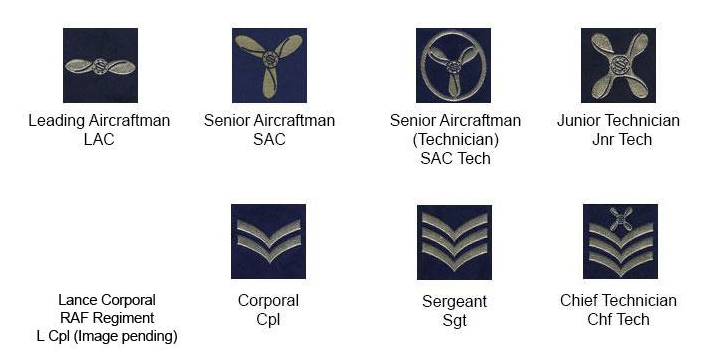 The deadest part of the NFL year is drawing to a close, as the post-Super Bowl quietude slowly changes to the excitement of the Underwear Olympics, the Legal Tampering Period, free agency, and the draft. Minnesota Vikings general manager Rick Spielman spoke to the local sports media on Friday, but he spoke in his patented “Rickspeak” mode, which uses ordinary words like finely tuned instruments to conceal rather than to reveal the team’s plans:
The deadest part of the NFL year is drawing to a close, as the post-Super Bowl quietude slowly changes to the excitement of the Underwear Olympics, the Legal Tampering Period, free agency, and the draft. Minnesota Vikings general manager Rick Spielman spoke to the local sports media on Friday, but he spoke in his patented “Rickspeak” mode, which uses ordinary words like finely tuned instruments to conceal rather than to reveal the team’s plans:
The art of deception and lying is one that takes years to master and perfect. Some people never do, and you can tell the second they open their grocery hole they’re a terrible liar. Some people are okay at it, and can tell a little white lie, maybe, but not a big one.
And some people are masters at it, creating a web of bullshit so convincing, so complete, that it’s almost impossible to separate from the truth. These people usually end up becoming politicians, but some become the general manager of an NFL team.
Vikings GM Rick Spielman is one of these people, because with him you don’t know where the truth ends and the bullshit begins. And honestly, when you get to the level of doublespeak (or Rickspeak, as we affectionately call it in this little corner of the Internet), that Rick Spielman is at, you don’t care that you’re being fed a load of crap so massive you could fertilize all of Minnesota’s farmland with it for five years. As a matter of fact, you kind come to enjoy it, in a weird Stockholm Syndrome kind of way.
But still, you want to know the truth, and that’s where we come in, the fine folks that write for The Daily Norseman.* We sift through the bullshit, find out what the true meaning of Spielman’s words are** and translate it for you into common, every day language.***
*By we I mean me, because no one else would do this. As a matter of fact, Eric pestered me on Twitter to do this, because he knows that if anyone is going to get sued, it isn’t going to be him. Eric is smart. I am a dope, so here you go. Enjoy.
**It’s true we read it and come up with alternative answers, but I divine no true meaning. I’m literally making up every word. And seriously, we’re talking about the off-season plans of a football team, not some Zen-level philosophy on how to live your life. It’s just football, Fokker.
***So yeah, this won’t be in Aramaic. You’re welcome.





